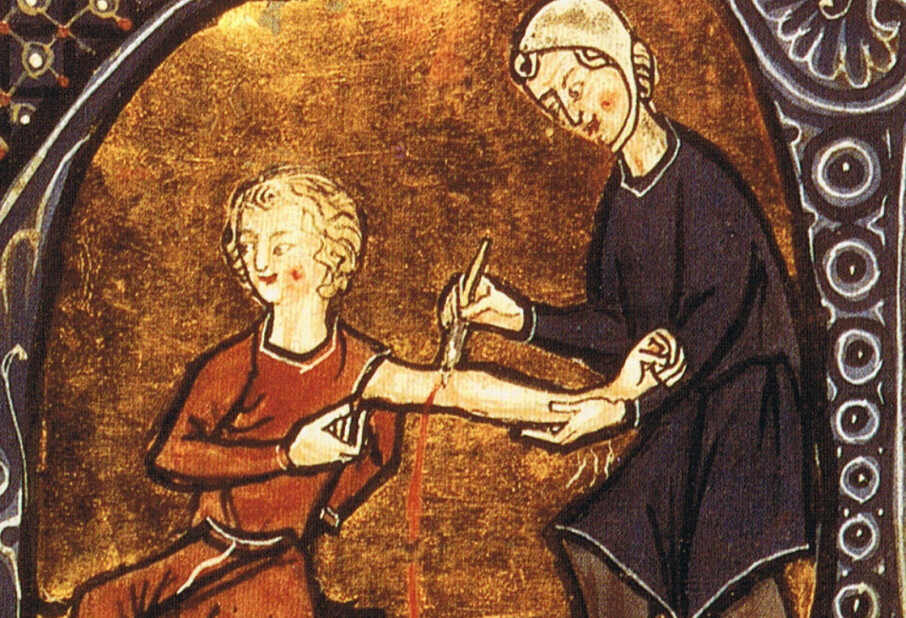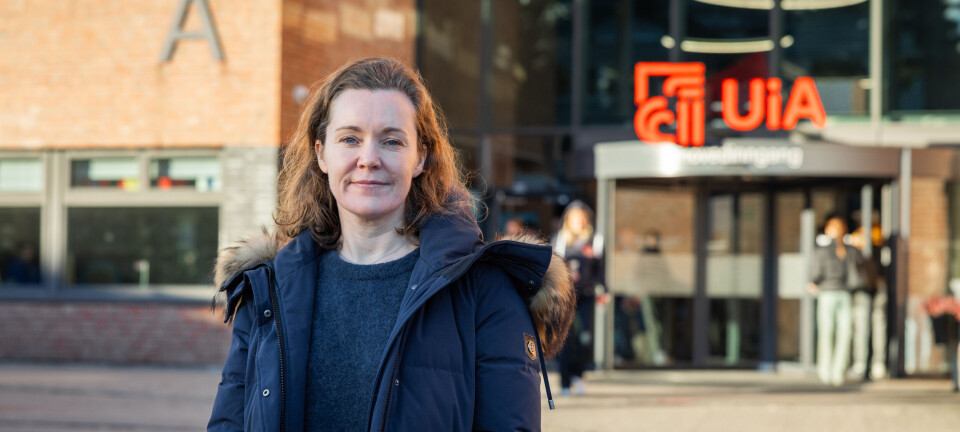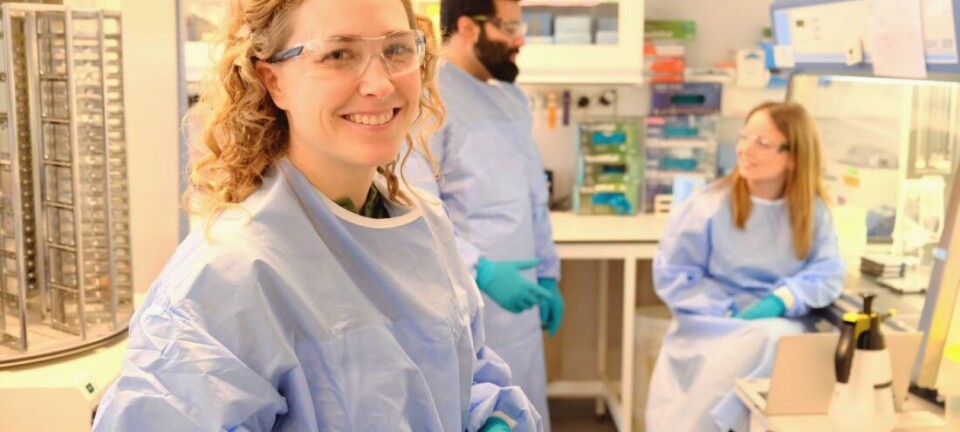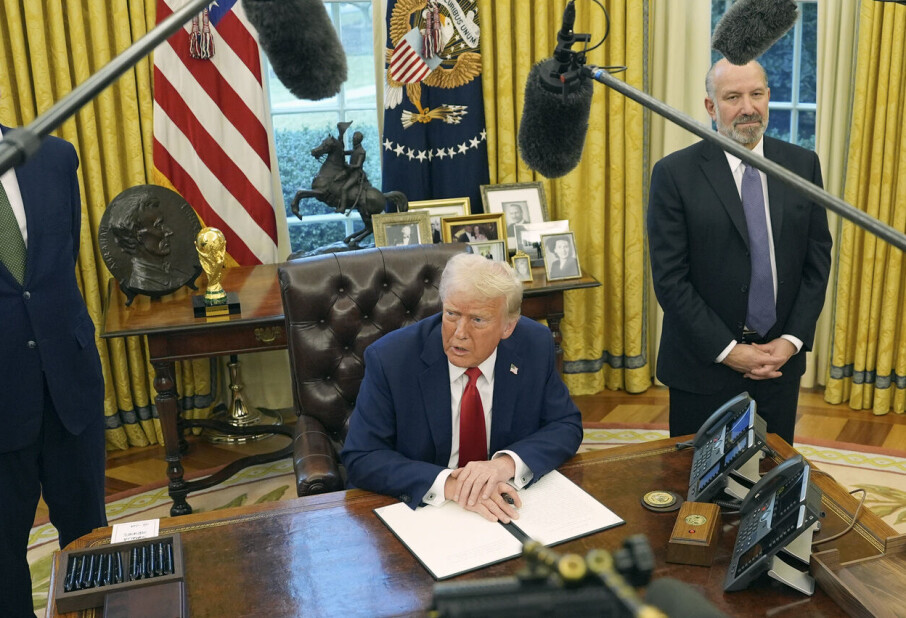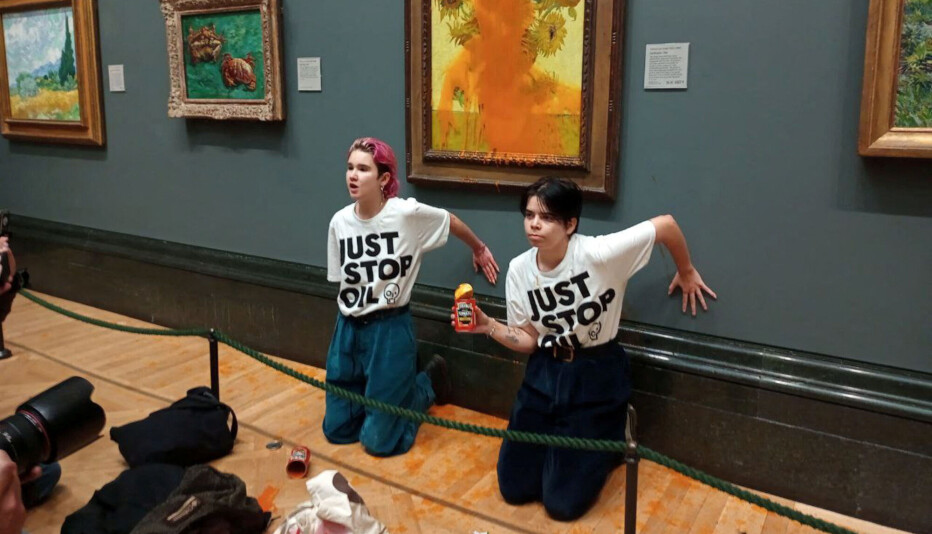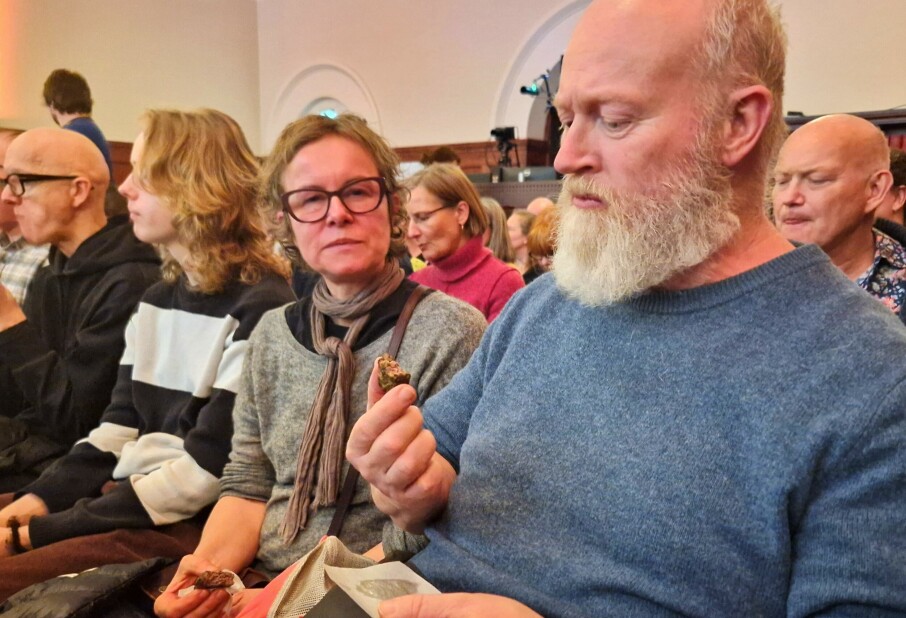
How do we make sure that all have access to personalized medicine?
Personalized medicine demands much from the patient. But researchers warn that tomorrow’s health care, with all its promise, is at risk of unfairly excluding people unless we take steps to prevent this.
Genetic testing and new technologies have already begun to revolutionize modern medicine. Whether it's a smartphone app that can monitor your physical condition or a blood test that can help tailor drugs to your specific genetic makeup, the future of medicine promises to improve our health with fewer side effects.
But this future demands that the patient be more informed, active and engaged in the health care he or she receives than is the case today, according to Isabelle Budin-Ljøsne, a senior adviser at the Norwegian Institute of Public Health.
She is concerned that this new age of medical treatment may be limited to those with the most money, knowledge and other resources.
“There is a gap between expectations and reality,” she says. “We haven’t done a good job preparing patients for personalized medicine.”
High expectations
Budin-Ljøsne’s recent PhD thesis explores the expectations that advocates of personalized medicine have of tomorrow’s patients. She reviewed 18 reports from health authorities, and patient and other organizations written between 2008 and 2013.
“The reports describe a future that involves very high expectations for patients, both in terms of their behaviour and participation. The patient of the future is expected to be educated, committed, resourceful, interested in health, able to use technological aids such as apps and watches and open to sharing their personal health information for use in research,” says Budin-Ljøsne.
Patients don’t understand
Almost half of those who responded to a survey conducted in European countries outside of Norway had limited knowledge about health issues.
Budin-Ljøsne is unaware of surveys like this with data from Norway, but she thinks that a health care system that makes extensive demands on patients may not suit everyone here either.
“I can’t imagine a 90-year-old grandmother using a health app,” she said. "We can’t expect everyone to do what is envisioned for them. The health care sector must accept that some people will need more help and support than others.”
Budin-Ljøsne spoke with representatives of seven Norwegian patient organizations about this issue, which confirmed her suspicion.
“They said that patients often do not understand why they should take the medicine they are prescribed, for example —that these patients only follow instructions from their doctor,” she said.
Expensive medicines
But there is a great deal that can be done to make sure that as many people as possible can take advantage of tailor-made medicines.
“It's important to ensure that access does not depend on how much money you have or how good you are using technology,” says Budin-Ljøsne.
Today, for example, gene tests are largely offered by privately owned companies. They cost money. And who should the patient turn to interpret the results of the tests?
"If these tests are not offered as a part of the public health system, we have a problem," she says, adding that medicines have already become too expensive for patients when the state does not pay.
One example is Spinraza, a drug that can treat spinal muscular atrophy, a rare neuromuscular disorder. Norwegian authorities initially decided not to pay for it to be used in Norway because it was too expensive.
Since then, this decision has been reversed and the government now covers the costs, but only for children and under certain conditions.
Lower drug costs an imperative
Budin-Ljøsne believes that the authorities need to do more to push pharmaceutical companies to sell medicines at a lower price. She does not think it helps for drug prices to be secret, as they are today.
But she admits that she is unsure whether it is completely realistic for the state to pay for drug tests and to force pharmaceutical companies to lower prices for personalized medicines.
One option to help with this could be the creation of an international drug-development fund, she said. This is an idea that has been floated by many people in response to skyrocketing drug costs. Such a fund could support the companies financially in their effort to develop new, expensive medicines.
-------------------------------------
Read the Norwegian version of this article at forskning.no.
Scientific links
- Isabelle Budin-Ljøsne and Jennifer R. Harris: Patient and interest organizations’ views on personalized medicine: a qualitative study. BMC Medical Ethics, 17:28, 13 May 2016. DOI: 10.1186/s12910-016-0111-7.
- Isabelle Budin-Ljøsne and Jennifer R. Harris: Ask Not What Personalized Medicine Can Do for You – Ask What You Can Do for Personalized Medicine. Public Health Genomics, no. 18, 2015. DOI: 10.1159/000373919.












